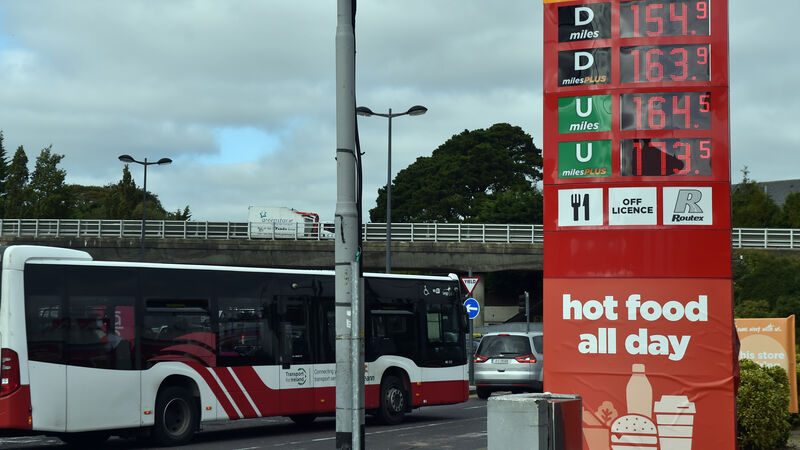Green measures will feature prominently in shaping of future budgets

Filling your car with 60 litres of fuel will be €1.28 or €1.48 more expensive, depending on whether you drive a petrol or diesel vehicle. Picture: Eddie O'Hare
Climate change was well flagged to feature in Budget 2022. What was unexpected, though, was the concept of “green budgeting”.
This process seeks to consider the impact of the budgetary process on the longer-term societal choices. This new concept features heavily in the measures announced by finance minister Paschal Donohoe.
CLIMATE & SUSTAINABILITY HUB














